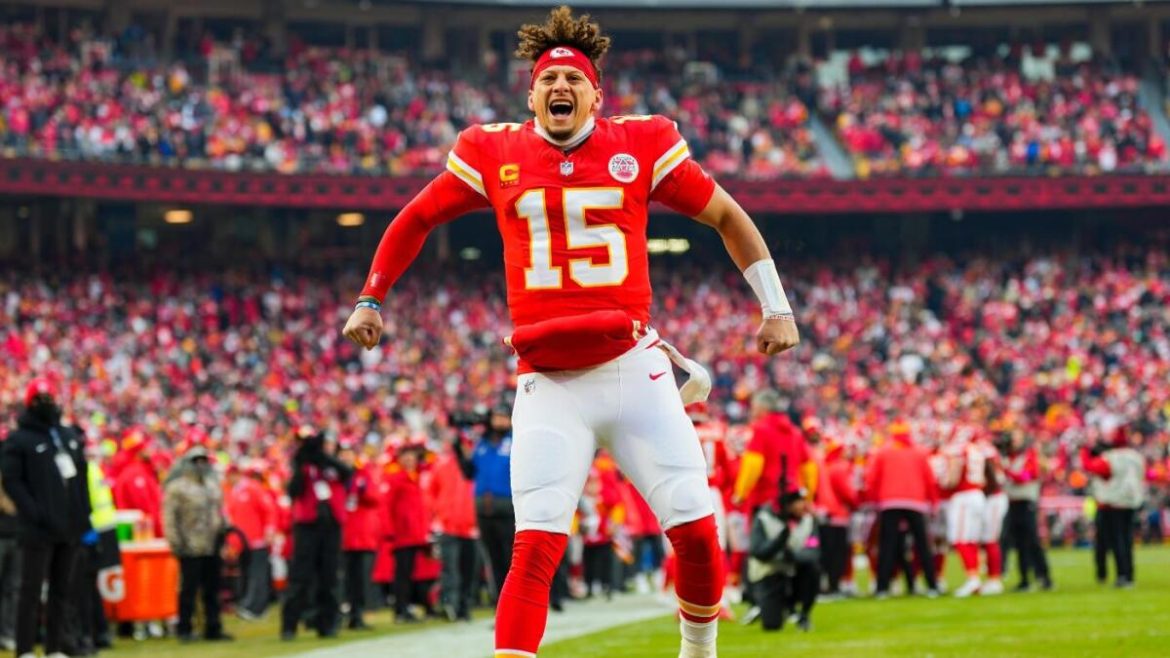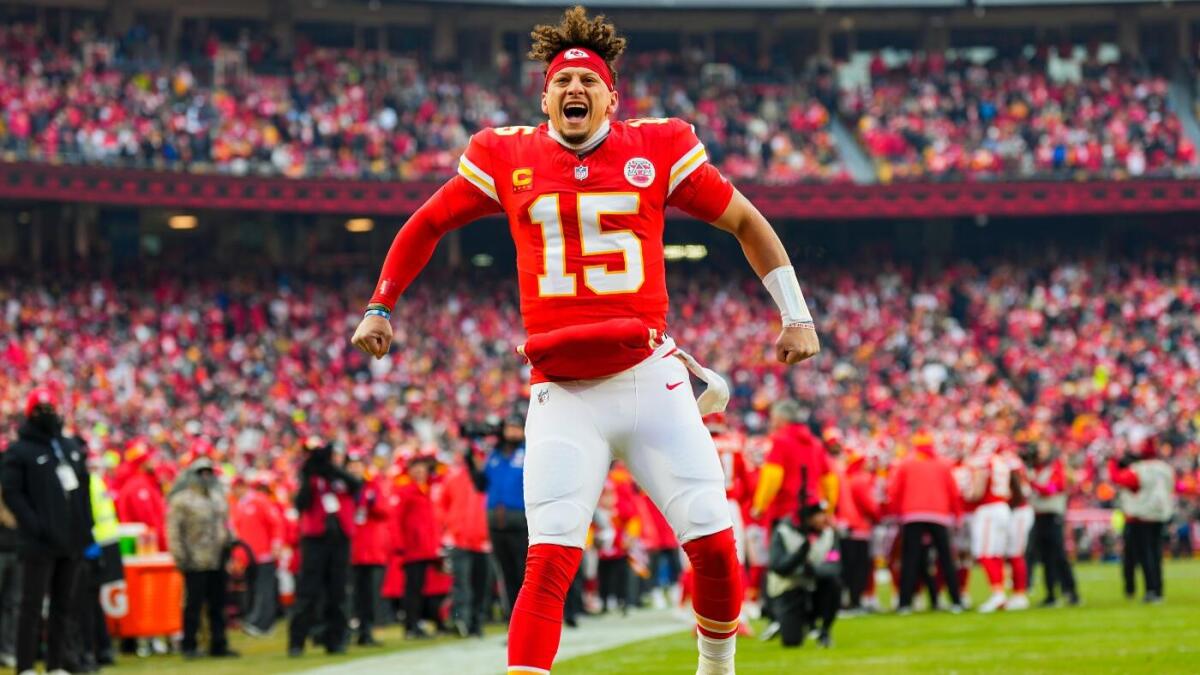The Madden 26 Rating Debate: Patrick Mahomes and the Art of Player Evaluation
The Annual Ritual of Madden Ratings
Every year, the release of Madden NFL ratings becomes a cultural event in the sports world. Fans, analysts, and players eagerly await the numbers that will define their virtual counterparts. This year, Madden NFL 26 has sparked intense debate, particularly around the rating of Kansas City Chiefs quarterback Patrick Mahomes. Despite his illustrious career—multiple Super Bowl wins, MVP awards, and consistent dominance—Mahomes received a 95 overall rating, placing him fourth among quarterbacks. This decision has been met with shock, disappointment, and accusations of disrespect from fans and analysts alike.
Understanding the Madden Rating System
To fully grasp the controversy, it’s essential to understand how Madden ratings are determined. The overall rating is a composite score based on various attributes, including accuracy, toughness, speed, and awareness. These attributes are evaluated through a combination of statistical analysis, expert opinion, and advanced metrics. The “99 Club,” reserved for the game’s elite players, represents the pinnacle of recognition.
This year, seven players achieved the coveted 99 rating, though the specific names have not been disclosed. The competition for these top spots is fierce, and the exclusion of Mahomes—who has been a member of the 99 Club in previous editions—has naturally raised questions. The fact that he is ranked fourth, behind quarterbacks with arguably less impressive resumes, has fueled the debate.
Breaking Down Mahomes’ 95 Rating
Mahomes’ 95 overall rating is a reflection of his strengths and weaknesses as evaluated by the Madden rating system. His short throw accuracy is rated at 98, and his toughness is at 99, highlighting his exceptional skills in these areas. However, these high ratings were not sufficient to propel him into the 99 Club.
The reasons behind Mahomes’ 95 rating are multifaceted. While past achievements are considered, the ratings also factor in projected performance and recent statistics. The 2024 season may have been perceived as a “down year” for Mahomes, despite the Kansas City Chiefs’ continued success. Inconsistencies in his performance, whether due to injuries, team dynamics, or other factors, could have influenced his rating.
The Outrage: Why Fans Are Upset
The primary source of outrage stems from the belief that Mahomes is the best quarterback in the NFL and should be rated as such. His track record—multiple Super Bowl victories, MVP awards, and consistent dominance—speaks for itself. Fans argue that a 95 rating does not accurately reflect his skill, impact, and legacy.
Another factor contributing to the controversy is the historical context of Mahomes’ Madden ratings. In previous editions, he has been a member of the 99 Club, reinforcing his status as the league’s premier quarterback. The sudden drop to 95 feels like a significant demotion, especially considering his continued success on the field.
The debate also highlights the subjective nature of Madden ratings. While EA Sports strives for accuracy, the ratings are ultimately based on human judgment and algorithms that may not perfectly capture the nuances of a player’s performance. The controversy surrounding Mahomes’ rating underscores the challenge of quantifying subjective qualities like leadership, clutch performance, and the ability to elevate a team.
The Influence of Madden Ratings
Madden ratings have a significant impact beyond the virtual world. For players, a high rating can be a source of pride and validation, influencing their marketability and endorsement opportunities. Conversely, a low rating can be perceived as a slight and a source of motivation to improve.
For fans, Madden ratings provide a framework for evaluating players and debating their relative merits. The ratings fuel discussions and create a sense of engagement with the game and the sport itself. The controversy surrounding Mahomes’ rating demonstrates the power of these ratings to generate buzz and spark passionate debate.
The Broader Implications of the Debate
The Madden 26 rating controversy serves as a reminder of the complex relationship between video games and real-world sports. While Madden strives for realism, it is ultimately a form of entertainment. The ratings are designed to create engaging gameplay and generate discussion, even if they sometimes deviate from objective reality.
The controversy also highlights the evolving nature of player evaluation. As data analytics and advanced statistics become increasingly prevalent, the way we assess player performance is constantly changing. Madden ratings reflect these trends, incorporating a wide range of factors to arrive at a final score.
Conclusion: Beyond the Numbers
Patrick Mahomes’ Madden NFL 26 rating has ignited a firestorm of debate, underscoring the passion and engagement that fans have with the game and the sport. While the 95 rating may not accurately reflect Mahomes’ perceived status as the league’s best quarterback, it has undoubtedly sparked a conversation about player evaluation, the subjectivity of ratings, and the broader implications of video games on the perception of athletes. Ultimately, Mahomes’ legacy will be defined by his on-field performance, not his Madden rating. But the controversy surrounding his rating serves as a reminder that in the world of sports, even a virtual number can carry significant weight.





